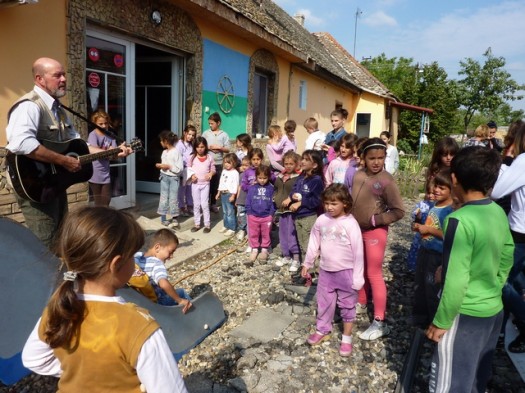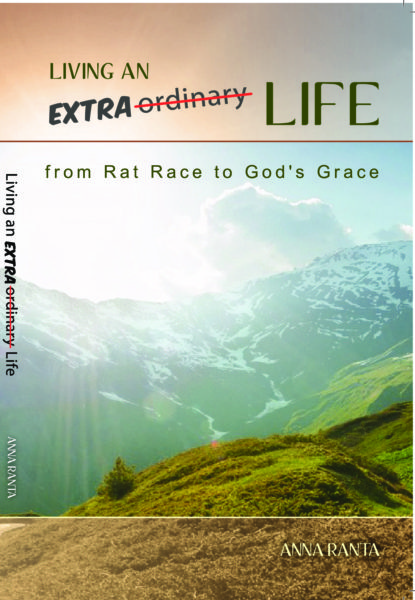Initiative for the Decade of Roma Inclusion, 2005 – 2015
In solidarity with the political commitment by European governments to improve the socio-economic status and social inclusion of Roma, Healing Hearts Balkans continues to do its part through the teaching and training of Roma children. Our original character-building material is used regularly in kindergartens for Roma children, and our music therapy and animation activities teach and inspire Roma children in the villages of Vojvodina (northern Serbia).
Currently we are in the process of completing a grant proposal that, if awarded, would enable us to produce a 3rd printing of our successful character-building curriculum, designed this time specifically for Roma children. All children, whether Roma or non-Roma, learn from their parents long before any thought of their going to school. And while all children will learn to some degree from their parents, Roma children are particularly inclined to do so. That is why it is so vitally important that Roma parents (particularly the mothers) receive training in the importance of teaching their children about character-building. Getting Roma mothers to understand the “why” and benefits of character-building, and how it will then help to mold their children into becoming more responsible, well-adjusted, and successful, is key. Once Roma mothers understand the importance of teaching their young children character-building traits, they will see how the time and effort that is required will pay back huge dividends in the long run. In a culture that is more seclusive and traditional than most, for Roma children to break out from what has always been, into something that is totally new, a new mindset must be developed – a totally new attitude toward life. This is what we hope to accomplish through the teaching, training, and presentation of our tried-and-proven character-building material.
In cooperation with our Roma colleagues both here in Serbia, and in Kosovo, we look forward to helping mold these precious young lives so that they might be able, as they grow, to break out of the stigmatism that has traditionally been attached to the Roma people, and lead normal, productive lives amongst society at large.



Leave a Reply
You must be logged in to post a comment.